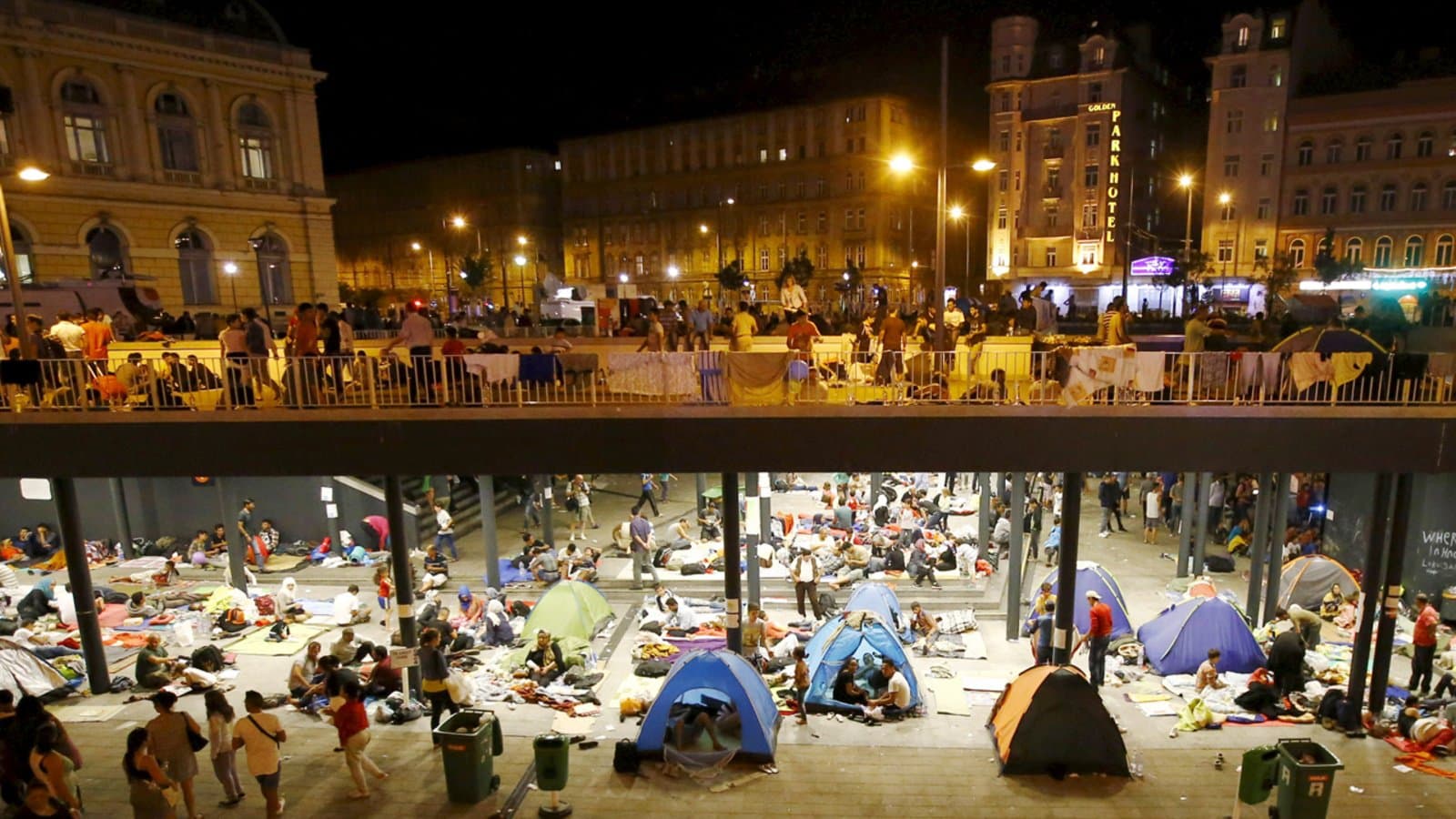Migration crises are a phenomenon that significantly impacts societies worldwide. Each year, the number of migrants increases, which presents new challenges for countries, not only in terms of accepting them but also in ensuring effective social integration. The Czech Republic, like many other European countries, faces challenges related to migration, especially in light of recent global events. Let us explore how migration crises affect social integration and what steps need to be taken to address the emerging issues.
Causes of Migration Crises
Migration, as a phenomenon, has many causes. In recent decades, the most attention has been drawn to migration driven by conflicts, political instability, economic difficulties, and environmental disasters. Military conflicts, such as the Syrian war, economic crises in Africa and South America, as well as climate change, have become major factors that force millions of people to leave their homes and seek refuge in other countries.
In Europe, these migration flows often intersect with issues of security, social cohesion, and the resources needed to adapt newly arrived individuals. The Czech Republic, located in the heart of Europe, is no exception to this general pattern and has faced the challenge of dealing with the reception and adaptation of migrants.
Social Integration as a Challenge
Social integration of migrants is the process by which they adapt to the social, cultural, and economic life of the host society. However, this process is often accompanied by a number of challenges. There are various barriers that hinder successful integration, including language barriers, cultural differences, and the lack of skilled labor.
Language Barriers and Cultural Differences
The language barrier is one of the most significant obstacles to migrant integration. Without knowledge of the language, it is impossible to fully participate in social life, seek employment, or interact with government agencies. This leads to social isolation and deprivation for migrants.
Cultural differences can also pose problems. For example, migrants accustomed to a different social organization may face difficulties in adapting to the new norms and values of society. This creates not only personal challenges but also tension in society, which may perceive such differences as a threat to its identity.
Economic and Social Challenges
Migration flows can put significant pressure on the economy of host countries. Although migrants can contribute to the economy, especially in low-skilled sectors, in the first years of their stay, problems arise with employment, lack of skilled labor, and social support. This also increases the burden on the healthcare, education, and housing systems.
Some migrants, especially those arriving for humanitarian reasons, lack the necessary qualifications or experience, making their labor integration difficult. In such cases, unemployment and social marginalization become real threats to both migrants and society as a whole.
Integration Issues in the Czech Republic
In the Czech Republic, migration has become an important topic of political and social debates, especially after the increase in the number of refugees and migrants seeking to enter the European Union. In response to these challenges, the government and public organizations have implemented various social integration programs.
However, despite efforts, integration issues remain relevant. One of the most pressing concerns is ensuring access to quality education and vocational training for migrants. Moreover, despite some positive examples, there remains a certain level of wariness towards migrants in society, which sometimes leads to increased xenophobia and social isolation.
Education and Vocational Training
One of the most important components of successful integration is the education system. For migrants arriving in the Czech Republic, it is crucial not only to learn the Czech language but also to receive education that meets the requirements of the labor market. Vocational training programs and language courses are essential to help them adapt more quickly and begin working.
However, issues related to the availability of education and vocational training for migrants still exist. Such programs often require significant costs and effort, making their effectiveness difficult in the context of limited resources.
Role of Governmental and Public Institutions
For successful social integration, it is important that government authorities not only provide basic services to migrants but also actively support their inclusion in social life. This requires a comprehensive approach, including job creation, assistance with adaptation, and programs for education and cultural integration.
Public organizations play a key role in creating social ties between migrants and local residents. They help organize cultural exchanges, provide assistance with legal matters, and work on preventing conflicts based on ethnic and cultural grounds.
Prospects and Solutions
It is impossible to expect that the process of social integration of migrants will be quick and trouble-free. However, to successfully address this issue, it is necessary to continue developing programs aimed at improving integration, fighting xenophobia and prejudice, and enhancing cooperation between government structures and public organizations.
Only a comprehensive approach, including economic, cultural, and social initiatives, can lead to the successful integration of migrants into Czech society and other countries facing similar challenges.

